What is there to believe in Christmas when you no longer believe in God? My personal thoughts on what I’d like my son to grow up to celebrate at Christmas.
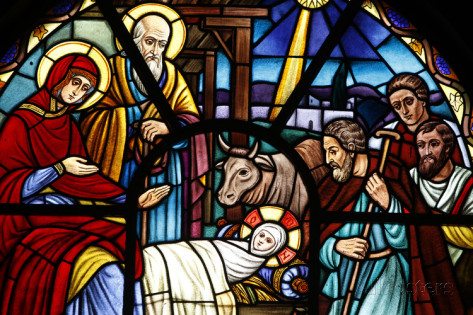

What is there to believe in Christmas when you no longer believe in God? My personal thoughts on what I’d like my son to grow up to celebrate at Christmas.
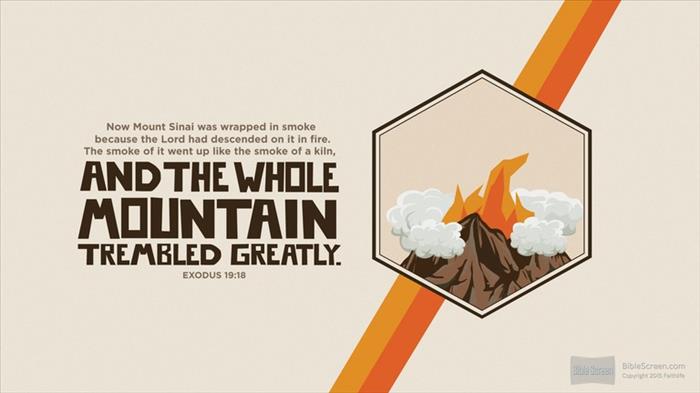
God initiates a covenant. The people accept.
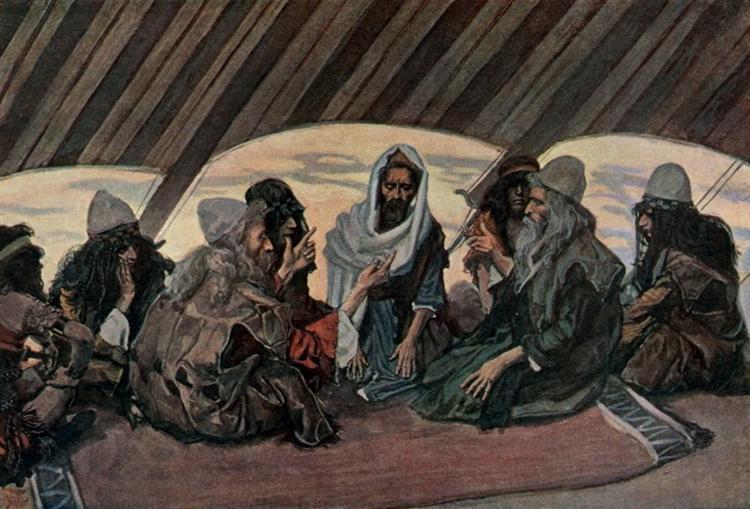
Moses is overworked, so his father-in-law gives him some sage advice. What implications does his advice have for how we do ministry? And what implications does the identity of the sage have for how we do ministry?
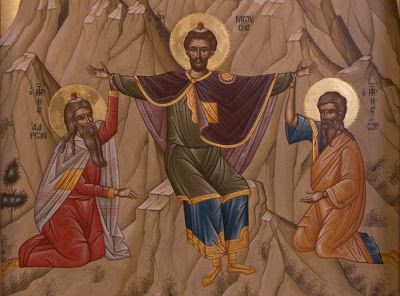
Moses’ arms get tired.
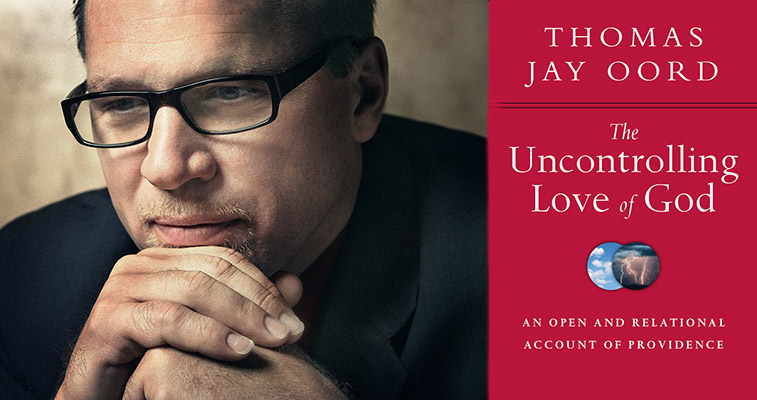
Dr. Thomas Jay Oord discusses his innovative contribution to the conversations surrounding providence and theodicy. What is essential kenosis and how can it be helpful in pastoral counseling?

The Israelites begin to feel the burden of the wilderness. God provides for them. Or is it a test?

Tom tells us about his new book, Underdogs and Outsiders. Why is Matthew’s genealogy the perfect place from some serious Advent reflection? How do we read Biblical genealogies?

We easily think of Sin as personal moral failure. But Sin is also systemic. What implications does that have for sanctification, and how can Christians speak helpfully of systemic evil?
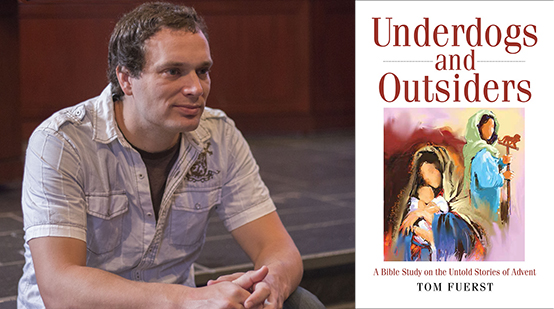
Since Advent is fast approaching, we talk with author Tom Fuerst about his new book Underdogs and Outsiders. The book explores the five women Matthew includes in his genealogy of Jesus (perfect since Matthew is this year’s lectionary Gospel). Why did Matthew include these women, and how is it good news for us? Plus: What do you do when Christmas falls on a Sunday?
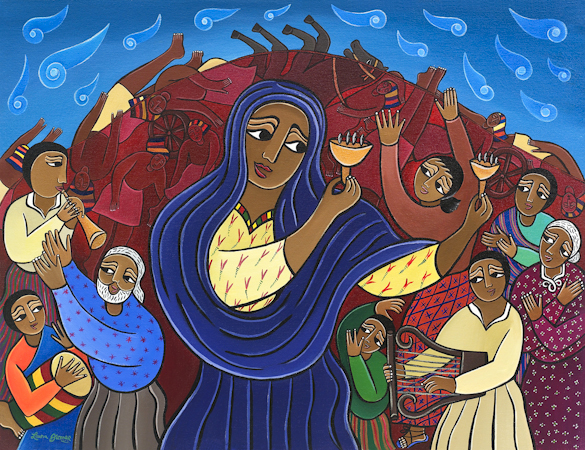
Why does the Exodus story shift from narrative to poetry? How does Moses’ song embody the Ancient Near Eastern salvific imagination? Plus: marking salvation and the Israelites who didn’t make it across